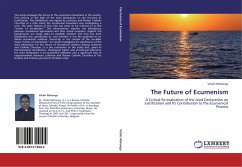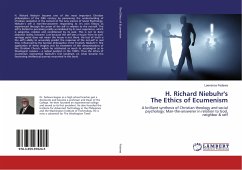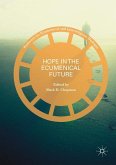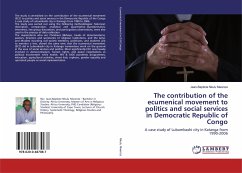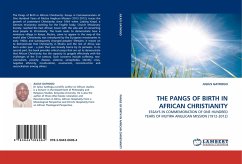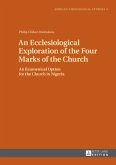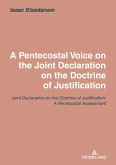This study envisages the future of the ecumenical movement in the twenty-first century, in the light of the Joint Declaration on the Doctrine of Justification. The Declaration was signed by Lutheran and Roman Catholic Churches at a time when the ecumenical movement was undergoing a crisis. The main feature of this crisis has come to be referred to as the winter of ecumenism. This phenomenon exposes the discrepancy between ecumenical agreements and their actual reception. Against this background, our study seeks to establish whether and how the Joint Declaration has contributed to, and whether it has the potential to re-define ecumenical relations. Succinctly, in the context of the so-called (new) winter of ecumenism, our study investigates the significance of the Joint Declaration for the future of ecumenical relations among Lutheran and Catholic Churches. It is the contention of this study that, given its hermeneutical contribution, theological import and ecumenical openness, the Joint Declaration is an ecumenical milestone and a significant step at rapprochement between Lutheran and Roman Catholic Churches in the lengthy and arduous journey to Christian unity.
Bitte wählen Sie Ihr Anliegen aus.
Rechnungen
Retourenschein anfordern
Bestellstatus
Storno

